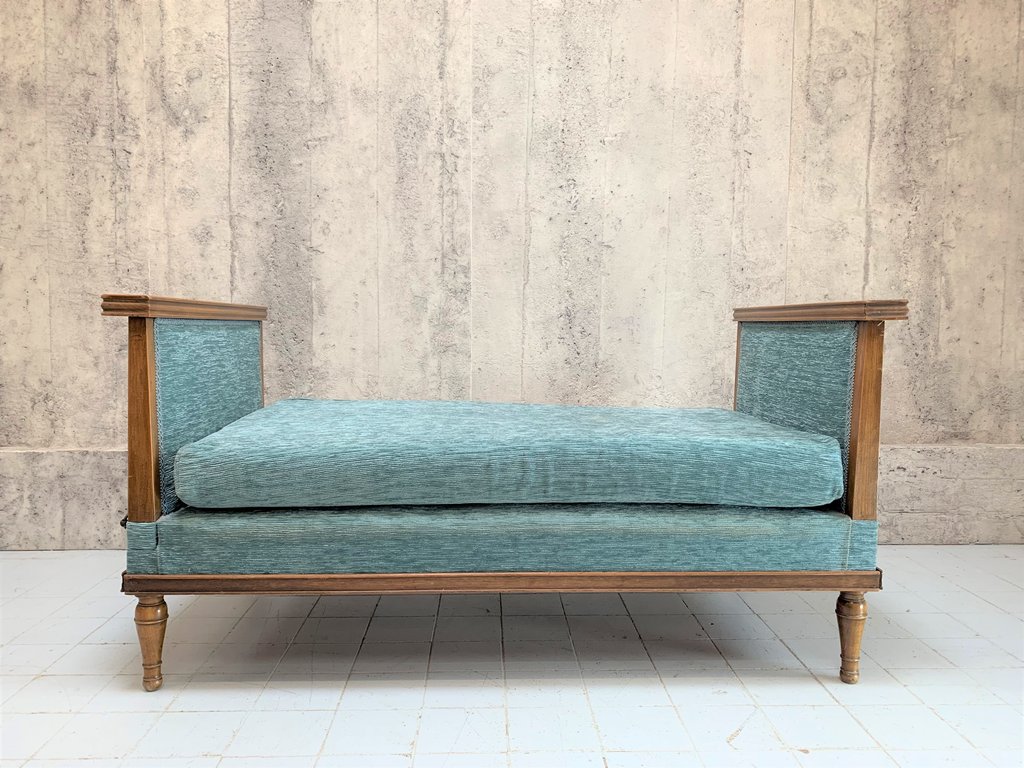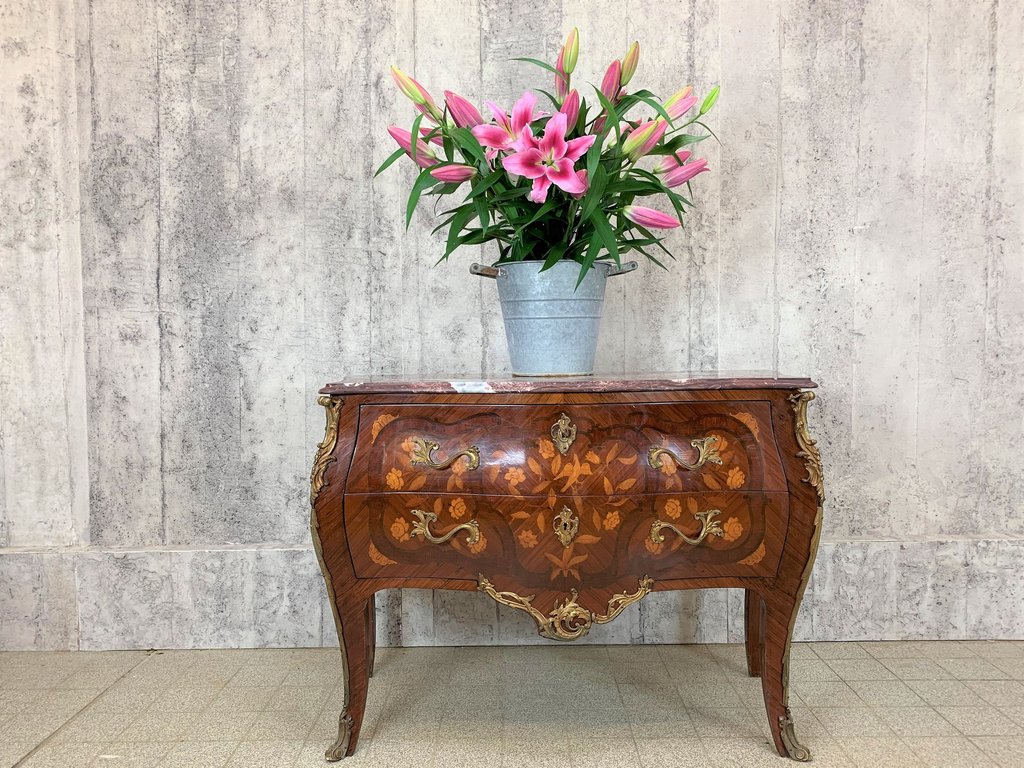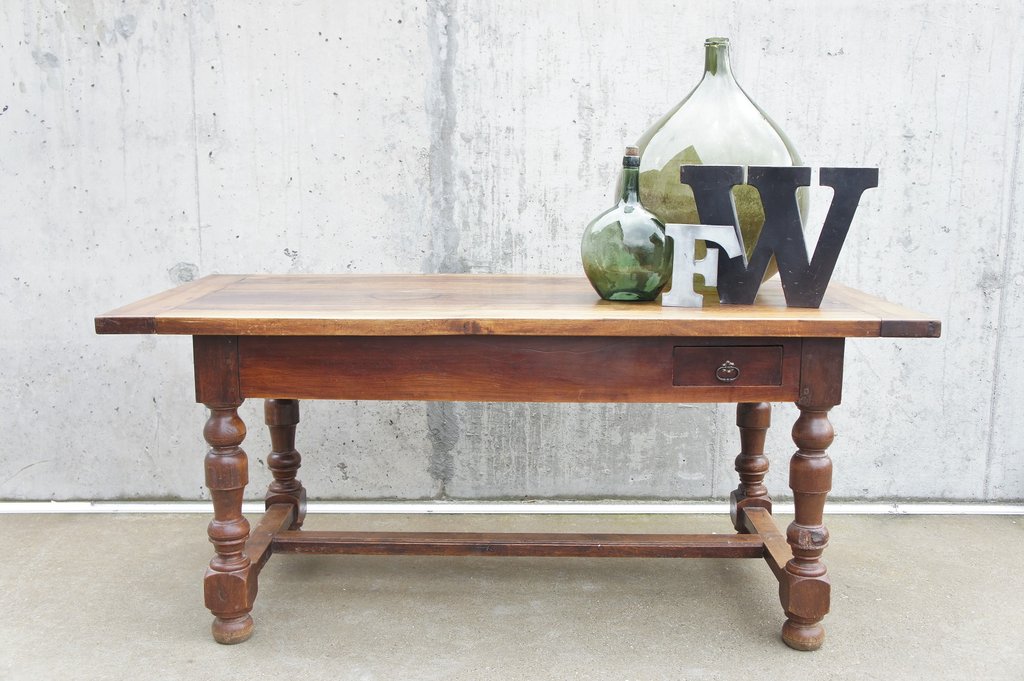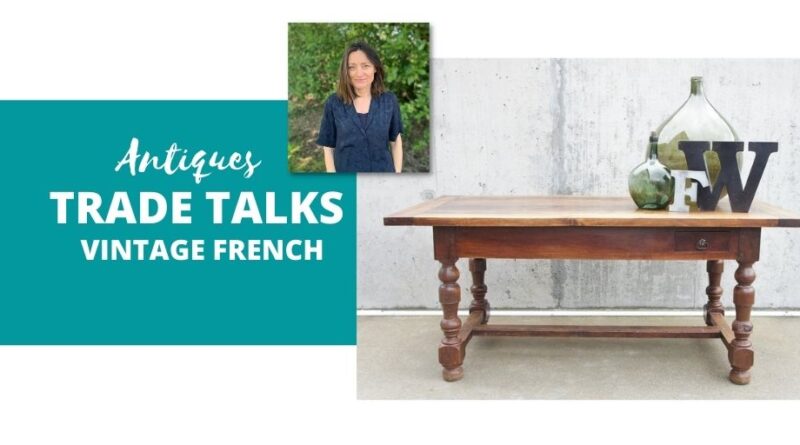Antiques Trade Talks – Vintage French
 Sophie Warren lives in Haute Savoie in the Alps region of eastern France. After years spent picking up vintage French furniture for her home she says she “started coming across more gems than we could fit into our house”, so decided to launch her business Vintage French.
Sophie Warren lives in Haute Savoie in the Alps region of eastern France. After years spent picking up vintage French furniture for her home she says she “started coming across more gems than we could fit into our house”, so decided to launch her business Vintage French.
How have you adapted over the last year?
There has been a huge amount of opportunity over the last year for our industry. At Vintage French we have responded by ensuring our buying and logistics processes have been efficient, keeping everyone safe but ensure the wheels continue rolling.
Are you optimistic about the future?
We are very optimistic about the future. The general population have a such a high regard for considered and sustainable purchasing decisions. Buying for the long term, considering the environmental impacts of their choices, curating a home full of unique, characterful pieces that tells the story of the home owner, rather than a homogenised flat pack look.
How has the pandemic changed the trade?
As I mentioned before I believe that there have been massive opportunities over the last year. We have only ever been an online business, with a distribution depot in Milton Keynes and this model suited the pandemic selling conditions perfectly.
How about buying habits – areas that are selling/those on the wane?
There has obviously been a slump in commercial purchasing for shops, restaurants, cafes and hotels during the last 12 months, but this sector is returning now that lockdown is being lifted.

How is ‘Brexit’ affecting your business?
Oh, my goodness.. Where do I start? When Brexit happened my logic assumed that nothing too much would be affected as it is no one’s best interest for either the Europeans or the British to overcomplicate the flow of trade. It would have been short-sighted for either party to put up barriers to trade… How wrong have I been? Some businesses will call it quits because it is too complicated, expensive and too time-consuming. Those companies with big, established logistics departments I don’t think will see much of a change, but small, independent companies have and continue to do so. For example, it took us six weeks for our application to be a client of a French Export Agent to be approved. The construct of exporting from Europe assumes one scenario as far as I can work out: that one British company buys a consignment, one full lorry load, of one component from one EU company. This is not a construct that antiques dealers fall under and so we are contorting ourselves at extra expense to fit into a box that was never designed for us to get into. It does also seem that some individual European countries are making it harder than others to trade with the UK. It is so much more complicated trading now with Europe than anywhere else in the world that we have experience of. I only hope that once the dust has settled the authorities will see that the bureaucracy helps no one.
What is the unique appeal of antiques?
Character, a story, the quality of workmanship, the warmth of a stunning piece of wood, sometimes the humour of a piece, too.
Who are the dealers to watch?
Anyone with a wonderful eye and a fresh perspective on an antique piece is always someone who I will be interested in following.

What antiques do you have at home/collect and why?
In our own home the furniture has to fight for its space by being hugely practical, beautiful or sentimental. For instance, I would put a vintage shop counter in every room in my house if I could – they store so much, look amazing, ooze character and always draw the admiring attention of visitors. We have a number of sentimental pieces that belonged to family members and I also love to curate beautiful pieces in unexpected ways.. A glass-fronted bookcase for shoe storage, a 17th-century blanket box as a TV stand, a metal grain store as a bedside table. I draw much pleasure from being playful with my interior choices.
How would you describe your antique style/area of focus?
For the business we focus on selecting beautiful, characterful items sourced in France, both large investment pieces or smaller pieces that can be reworked in a modern way.

What do you think will be the antiques of the future?
I think that artisanal pieces will be the antiques of the future. I think that future generations, as with our own, will be inspired by hand made, practical pieces that have been designed with consideration and executed with skill that are relevant in their own homes.
Is new technology good for the trade?
The internet has made it possible for anyone to be a dealer or a collector. The world is literally your oyster.
What antiques/artworks would you buy if money were no object?
If money was no object I dream of an original Raoul Duffy, a French artist prevalent in the 1920s and 30s. I think my vintage print will have to do instead!

You’re down to your last 50 quid – what antiques/art would you buy?
Any item that I could turn into a lot more than £50!
Where are your favourite antique hunting grounds and why?
My hunting ground is France where I have lived and worked for 15 years. We have a few favourite ‘Alladin’s Caves’ off the beaten track.. that we have to ourselves.
What are some of the biggest mistakes that buyers make?
Not measuring up before they buy.
What do you consider the high point of your career in antiques?
There are no single high points. Being able to create a business, working with amazing and wonderful people, meeting within the course of our work interesting and amazing people, and all the unique opportunities that the journey like this presents.

Are antiques attracting younger buyers and, if not, how can the industry reach out to them?
Absolutely we have young buyers. Those investing in their own homes for the first time are savvy and are using their carefully saved pennies to buy pieces that will last them a lifetime. The young are environmentally conscientious and automatically consider the sustainable option first. They are design-savvy and are having fun with their interiors.
What advice would you give to people new to antiques who want to learn more?
I would advise those entering the antiques world to make sure they understand what their strengths are, how they can be different from all the other dealers around them, and to concentrate on working in an area that makes their heart sing. Clients will know if they don’t.


